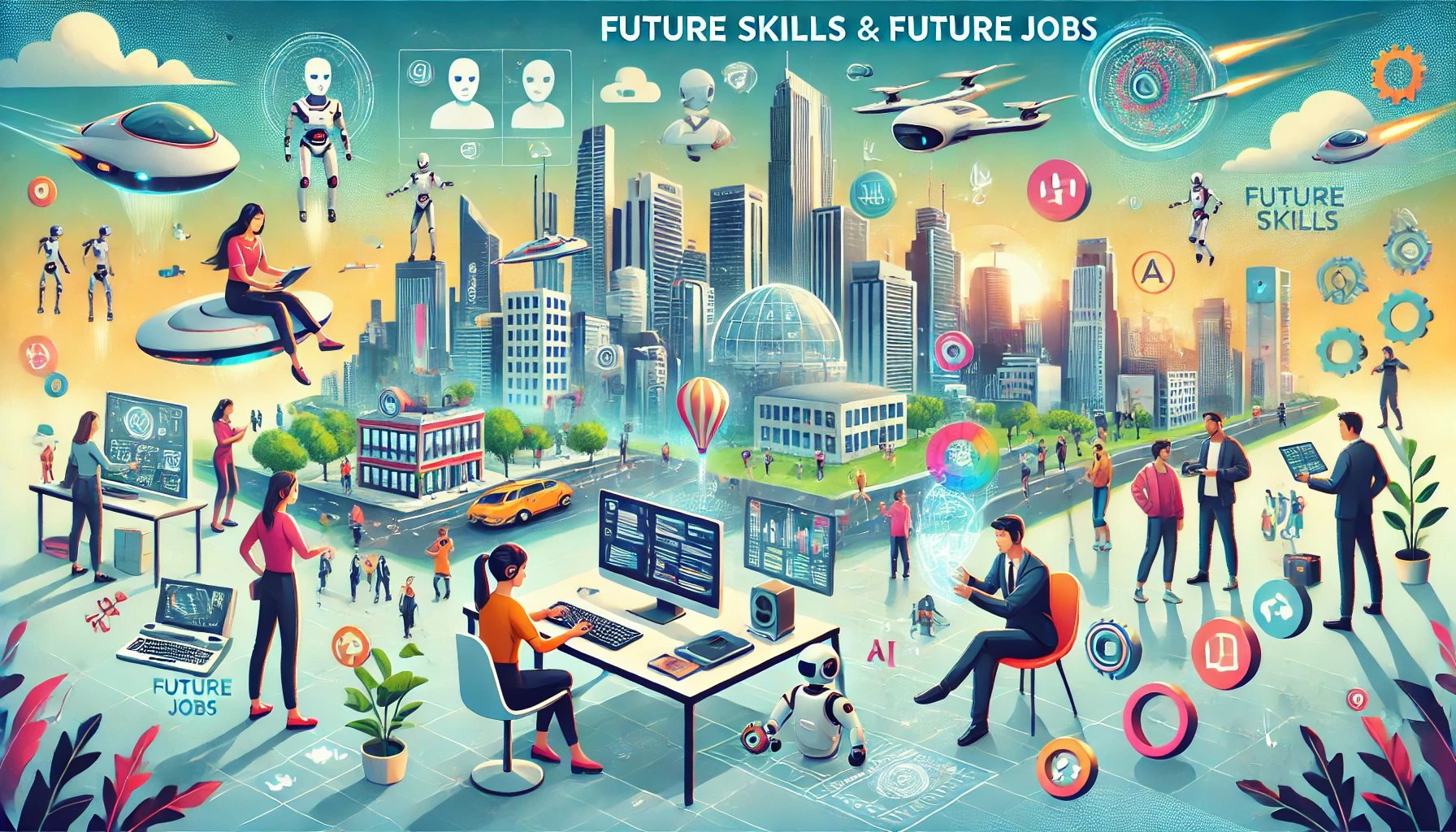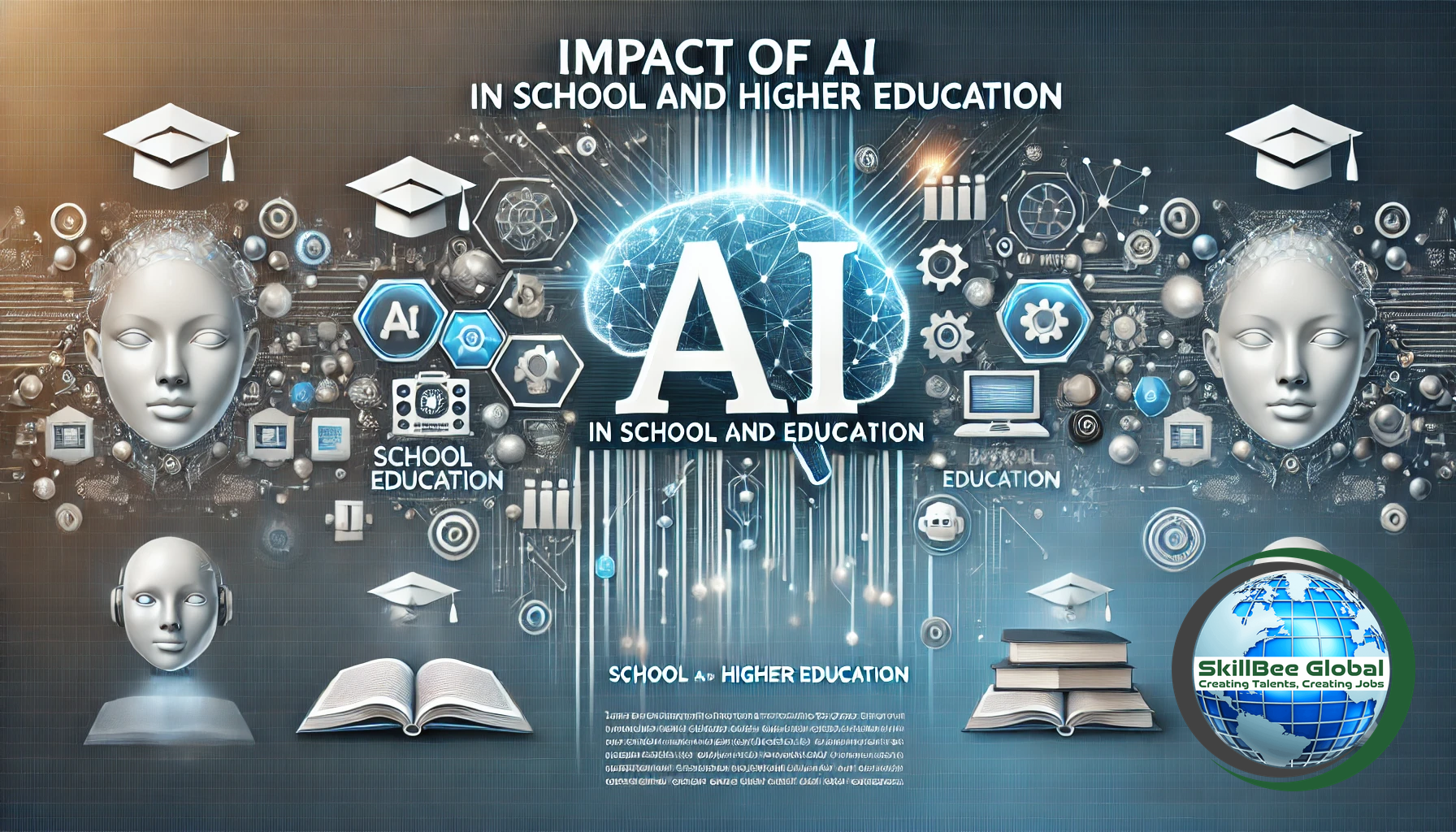
Future Skills and Future Jobs
A Visionary Approach to Upskilling in Higher Education
In the rapidly evolving landscape of the 21st century, the demands of the job market are shifting at an unprecedented pace. Dr. Augustine Arul Prasad's insights into "Future Skills and Future Jobs" present a visionary approach that emphasizes the critical need for upskilling both faculties and students in educational institutions. His perspective underscores the essential role that higher education must play in preparing individuals for a future where adaptability, technological proficiency, and lifelong learning are paramount.
The Imperative of Future Skills
As Dr. Prasad articulates, the future of work will be dominated by skills that go beyond traditional academic knowledge. The advent of artificial intelligence, machine learning, and automation is transforming industries, necessitating a workforce that is not only technically adept but also capable of critical thinking, creativity, and emotional intelligence. Educational institutions must, therefore, pivot from a purely knowledge-based curriculum to one that integrates these future skills, ensuring that students are not just employable but also equipped to thrive in a complex, dynamic environment.
Role of Educational Institutions
Higher education institutions stand at the forefront of this transformation. Their role is twofold: to be incubators of innovation and to act as catalysts for skill development. By fostering an environment that encourages interdisciplinary learning, experiential education, and industry collaboration, universities and colleges can bridge the gap between academic learning and real-world application. Moreover, integrating digital literacy, data analytics, and sustainability into the curriculum can prepare students to meet the challenges of tomorrow's job market.
The Role of Faculty
Faculty members are the linchpins in this transformative process. They are not only educators but also mentors who guide students through the complexities of modern careers. To fulfill this role effectively, faculty themselves must engage in continuous professional development, staying abreast of industry trends and advancements in pedagogy. This requires institutions to invest in faculty upskilling programs, enabling educators to integrate future skills into their teaching methodologies and to inspire a culture of lifelong learning among students.
Industry Collaboration
The collaboration between academia and industry is crucial in shaping the future workforce. Employers can provide valuable insights into emerging skills requirements, while educational institutions can tailor their programs to meet these needs. Internships, co-op programs, and partnerships with industry leaders allow students to gain hands-on experience, bridging the gap between theoretical knowledge and practical application. Furthermore, these collaborations can lead to the co-creation of curricula that are aligned with industry demands, ensuring that graduates are job-ready from day one.
Students as Active Participants
Students are the primary stakeholders in this ecosystem. They must take an active role in their education, seeking opportunities to develop future skills both inside and outside the classroom. This includes engaging in extracurricular activities, pursuing internships, and taking advantage of online learning platforms to acquire new competencies. By cultivating a growth mindset, students can navigate the uncertainties of the job market and position themselves as valuable assets in any industry.
Government and Policy Makers
Finally, the role of government and policymakers cannot be overstated. By creating an enabling environment through policies that support innovation in education, governments can drive the upskilling agenda. This includes funding for research, incentives for industry-academia collaboration, and initiatives that promote digital literacy across all levels of education. Policy frameworks must also address the need for equitable access to upskilling opportunities, ensuring that all students, regardless of background, can participate in the future economy.
Conclusion
Dr. Augustine Arul Prasad’s speech on "Future Skills and Future Jobs" serves as a clarion call for all stakeholders in the higher education sector. By embracing a forward-thinking approach to education, we can equip the next generation with the skills and knowledge they need to succeed in a rapidly changing world. The onus is on educational institutions, faculty, industry partners, students, and policymakers to collaborate and innovate, ensuring that our educational systems are not just reactive but proactive in preparing for the future of work.
Comments by
Chinnappan Paul
Educational Consultant and Business Strategist
Comments (0)
Categories
Recent posts


Upskilling Employees -Top 10 Benefits ...
8 Aug 2024
Projected Hiring Trends in 2025 Indian ...
11 Mar 2025
Emerging Job Roles and Skills in Demand
8 Aug 2024




